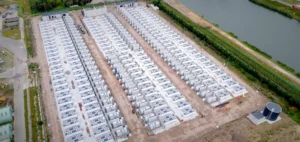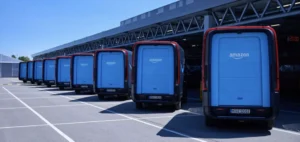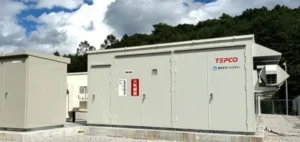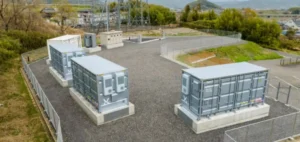EDP Renewables, the world’s fourth-largest producer of renewable energy, plans to install its first stand-alone battery energy storage system (BESS) in the UK. This strategic initiative will optimize resources and improve overall energy performance. The project will add around 50 MW to the power grid, providing 2 hours of storage capacity.
EDP Renewables and the importance of long-term energy storage
This asset will play a crucial role in power grid management, increasing flexibility and supporting the government’s renewable energy strategy. It will be located in Kent, England, and has been acquired from Tupa Energy. The company specializes in power generation and battery storage technologies for utilities. The project should be operational by the end of 2024.
“The integration of storage systems will play a crucial role in the energy mix of the future, helping to meet the challenge of intermittency. By mitigating the impact of external factors that can affect availability, these systems are key to overcoming one of the main limitations facing renewable energies in Europe, while producing zero emissions,” says Miguel Stilwell d’Andrade, CEO of EDPR.
The UK, an advanced market for battery storage
EDPR attaches great importance to energy storage as part of its long-term strategy. The company anticipates significant growth in this segment, notably through various initiatives planned in the UK. The country appears to be the most advanced market in Europe for the development of battery storage assets, benefiting from a comprehensive regulatory framework offering a fixed 15-year tariff floor.
EDP Renewables’ commitment to global energy efficiency
The country currently has 2.2 GW of grid-connected battery projects, with 2 GW under construction. EDP Renewables is targeting over 500 MW of storage capacity in its 2023-2026 Business Plan. The majority will come from co-located assets, with a few recently acquired stand-alone assets. In addition, EDPR has nearly 200 MW of storage under contract in North America and more than 4 MW under construction in Asia-Pacific.






















